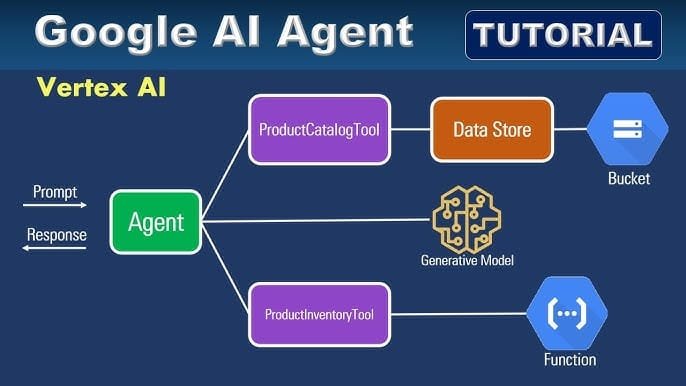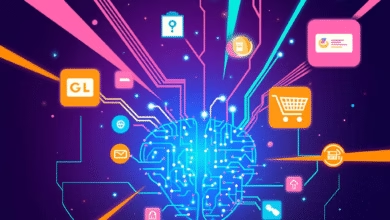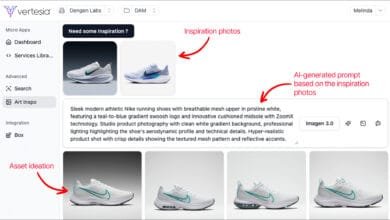Google Adds AI Agent Tools to Ads & Analytics

▼ Summary
– Google announced AI-powered agentic tools for Google Ads and Analytics at Google Marketing Live 2025, offering real-time campaign assistance.
– The AI tools act as proactive collaborators, suggesting, implementing, and troubleshooting campaign elements like keywords and creatives.
– A new “data expert” agent in Google Analytics will surface insights, visualize trends, and help troubleshoot campaign issues.
– The tools use multiple inputs (e.g., landing pages, performance data, LLMs) to continuously optimize recommendations for marketers.
– The updates shift Google Ads and Analytics from reactive tools to proactive systems, raising questions about automation vs. human oversight.
Google is transforming digital marketing with powerful new AI tools that actively assist advertisers in campaign management across Ads and Analytics platforms. These intelligent systems go beyond basic automation, functioning as collaborative partners that suggest improvements, implement changes, and troubleshoot issues in real time.
The tech giant revealed these advancements during its annual marketing conference, building on the success of its conversational Ads interface used by over half a million businesses. The upgraded AI agents don’t just offer recommendations – they can automatically apply optimizations to campaigns, generating themed ad groups with matching creatives for better performance.
A corresponding analytics assistant brings similar capabilities to data interpretation. This “data expert” identifies trends through visualizations, pinpoints campaign problems, and supports strategic decisions without requiring marketers to dig through complex reports manually.
What makes these tools different is their learning capability. They analyze multiple data streams – from landing pages to real-time performance metrics – to refine their suggestions continuously. This represents a fundamental shift from reactive tools to proactive systems that guide and even execute campaign elements.
While these innovations promise faster setup and more efficient management, questions remain about quality control. As AI assumes greater responsibility for campaign decisions, the industry will need to establish clear boundaries between automation and human oversight. Transparency in how these systems operate will become increasingly important.
The broader implication is Google’s vision for AI as more than an assistant – a true decision-making partner that can act independently on advertisers’ behalf. This raises important discussions about how much control marketers should delegate to automated systems.
Looking ahead, expect ongoing developments in how AI shapes digital advertising. The balance between machine efficiency and human judgment will likely dominate conversations as these tools evolve and their impact becomes clearer.
(Source: Search Engine Land)





